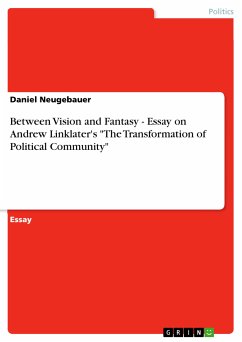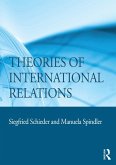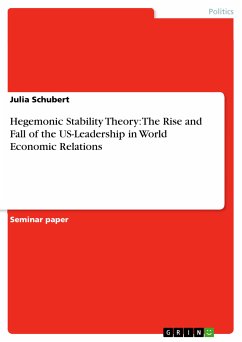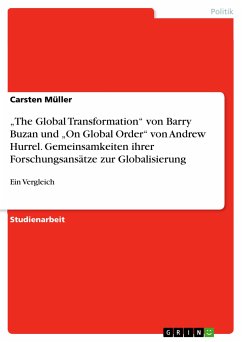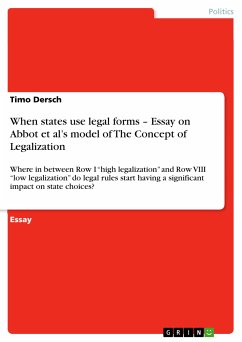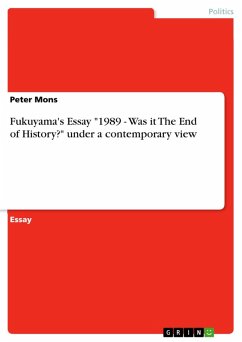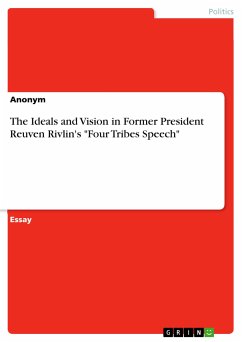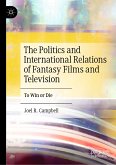Essay from the year 2007 in the subject Politics - International Politics - General and Theories, grade: 1,0, University of Twente (School of Management and Governance), course: International Relations Theory, language: English, abstract: Writing an essay about Andrew Linklater's "The Transformation of Political Community" is, in light of the pre-eminent praise it received in the academic sphere, a distinct challenge. Is it actually possible to make critical statements about a book, which others have called "one of the most important books in international theory published in this decade", or even "the most impressive work of international theory to have been produced in Britain since Bull's Anarchical Society"? The mere quantity of laud is as impressive as its quality. One easily tends to follow this blandishment, and ignores that it is not more than base flattery. Beyond doubt, Linklater has produced a sound book, which has - after his preliminary publications "The Problem of Community in International Relations" in 1990 and "The Question of the Next Stage in International Relations: A Critical-Theoretical Point of View" in 1992 - made him one of the strongest voices in contemporary international relations theory. I hypothesize that "The Transformation of Political Community" has already today, only nine years after its first publication, become a classic of international relations. What defines a classic? Two factors are decisive, and they are the same for a classic in international relations than they are for a classic car: It is cherished by people, and it has a unique selling point, something that differs from everything that has been produced before. Using this definition, an Aston Martin DB 5 is a classic as well as Kenneth Waltz's "Man, the State, and War". A classic, as complete and coherent it might be, is not necessarily without problems. Several times, Aston Martin went bankrupt (and was reborn again), and for Waltz's neorealism the sudden and peaceful collapse of the Soviet Union meant the end of its universal validity.
Dieser Download kann aus rechtlichen Gründen nur mit Rechnungsadresse in A, B, BG, CY, CZ, D, DK, EW, E, FIN, F, GR, HR, H, IRL, I, LT, L, LR, M, NL, PL, P, R, S, SLO, SK ausgeliefert werden.

